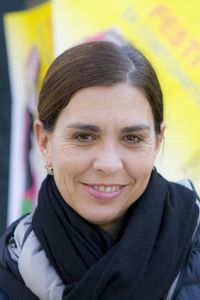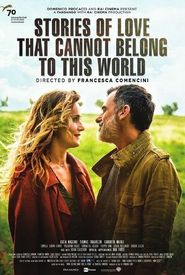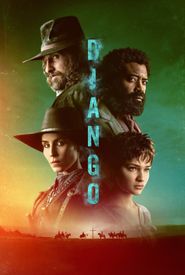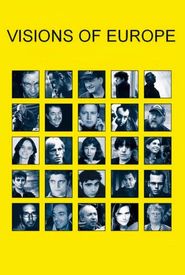A philosophy student, she abandoned her university studies after two years and relocated to France in 1982. Initially, her aspiration was to become a writer, but she ultimately brought a semi-autobiographical narrative to the screen with Pianoforte (1984),which garnered the prestigious DeSica Award at the Venice Film Festival and received invitations to various international festivals. The five-year period it took her to prepare La lumière du lac (1988) was punctuated by co-writing A Boy from Calabria (1987) with Luigi Comencini, and later, she co-directed Marcellino (1991). Following Annabelle partagée (1991),which was never released in Italy, she directed the television documentary Elsa Morante (1996),a part of a series dedicated to renowned writers, as well as "Shakespeare a Palermo" (1997),a documentary that explored the staging of a Carlo Cecchi play. After a hiatus, she returned to feature films in 2001 with Le parole di mio padre (2001). In addition to numerous Italian directors, she contributed to a movie reportage on the Genoa riots in July 2001.

Francesca Comencini
63 · Born: Aug 19, 1961



















